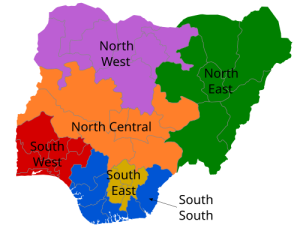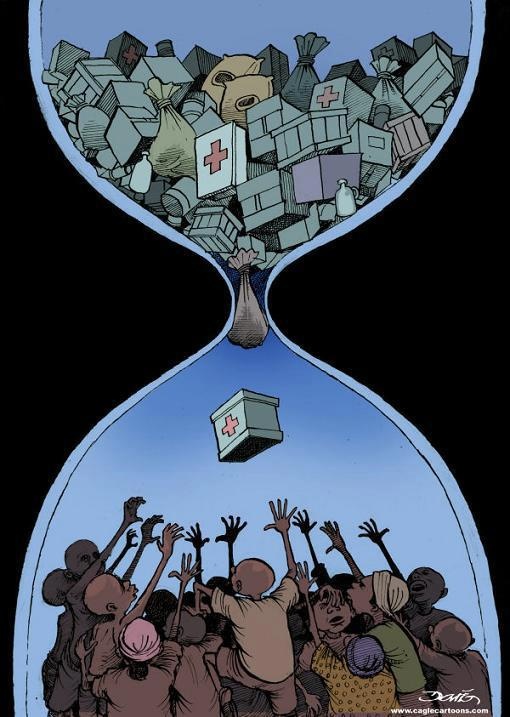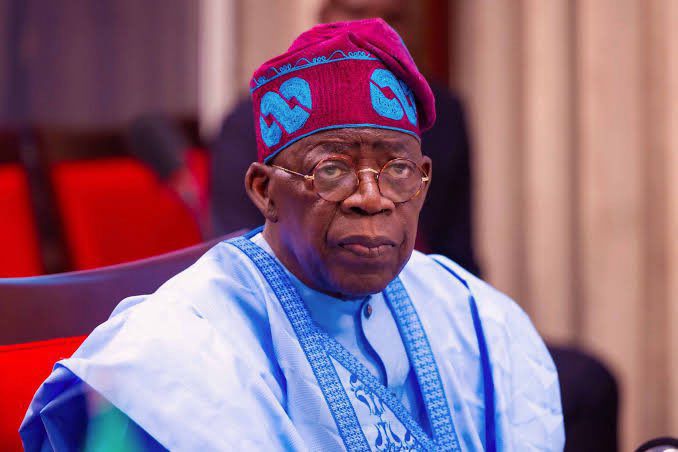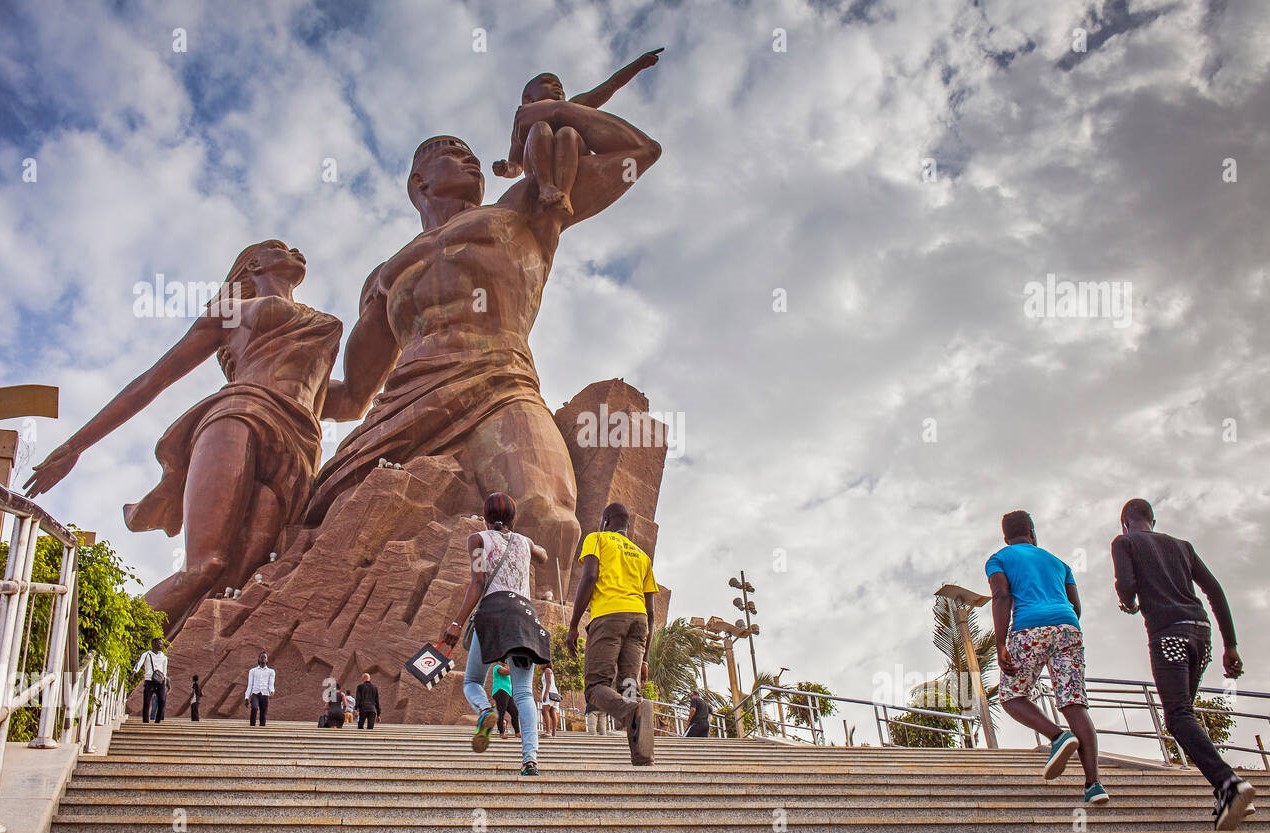Rethinking Hausa Muslim–Christian Joint Victimhood in the Genocides of Northern Nigeria
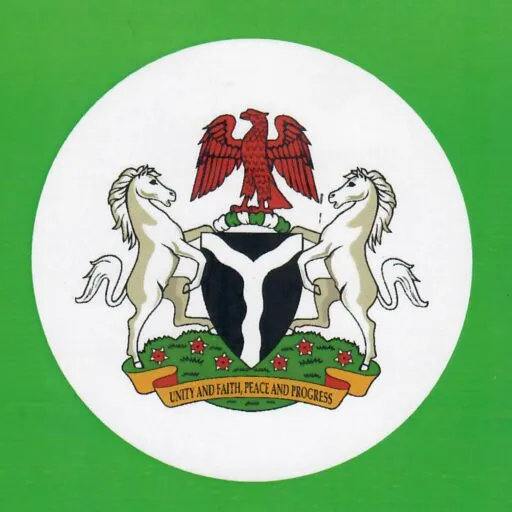
Beyond False Binaries: Rethinking Hausa Muslim–Christian Joint Victimhood
in the Genocides of
Northern Nigeria
By Prof. Matthew Micheal.
The current discourse on genocide in Nigeria, reignited by Donald Trump’s statement describing Nigeria as a “country of particular concern” because of the genocide against Christians, has provoked widespread uproar. Many well-meaning and conscientious Muslims have protested the privileging of Christian suffering, arguing that Muslims in northern Nigeria have been killed in even greater numbers. Indeed, the tragic reality is that countless Muslims have lost their lives in the persistent cycles of violence across the region, and no credible assessment of this sensitive issue can be taken seriously without acknowledging this fact. However, while these protests rightly seek recognition for Muslim victims, they often emerge within a competitive framing of victimhood, one that inadvertently negates or minimizes the legitimate claims of genocide against Christian communities, rather than situating both Christian and Muslim suffering within the broader matrix of Northern Nigeria’s violence and state failure.
For example, the recent piece titled, “The True Victims Are the Hausas, Not a Religious Group” is itself a tragic reflection of the fragmentation and manipulation of Northern Nigeria’s pain. In attempting to correct one distortion, it falls into another: the dangerous temptation to monopolize victimhood. The truth, however, is more complex, and more terrifying, than this binary framing allows.
The killings in Northern Nigeria are not merely ethnic or religious; they are structurally genocidal, targeting both Christian identity and Hausa ethnicity as twin obstacles to a hegemonic Fulani project. The Fulani terrorist agenda is neither purely religious nor purely ethnic, it is imperial, seeking to erase all communities that resist its totalizing control, whether through faith, culture, or identity.
We must place this discourse in its larger context. It is intellectually dishonest, and morally impoverished, to present Hausa suffering as invalidating Christian suffering, or vice versa. The blood of a murdered Hausa farmer in Zamfara cries to the same heavens as that of a slain Christian teacher in Plateau. The field of death is shared, but the reasons for their targeting differ only in nuance, not in intensity. The Christian is killed because he is Christian, representing a faith identity seen as alien and resistant to Fulani-Islamic domination. The Hausa villager is killed because he is Hausa, embodying an ethnic identity that historically challenged Fulani authority since the collapse of the Sokoto Caliphate. Both are victims of a genocidal logic seeking to destroy independent centres of resistance. Thus, the proper question is not “who suffers more?” but “who benefits from our divided mourning, or shared suffering?”
Interestingly, the rejoinder correctly identifies the complicity of Fulani elites in defending violent militias. But it understates the ideological roots of this violence. The Fulani jihad of 1804, though clothed in the robes of Islamic reform, was essentially a political revolution of domination. Its modern heirs deploy the same strategy: religion and ethnicity as dual weapons of conquest.
Fulani terror networks do not kill for Islam, they kill with Islam, using it as an instrument of legitimacy. Likewise, they do not kill for ethnicity, they kill through ethnicity, using ethnic solidarity to shield impunity. Their end goal is neither a pure Islamic state nor a united Fulani nation; it is the consolidation of Fulani supremacy over Nigeria’s northern geography and its political consciousness.
Let me explain here that the genocide against Christians and Hausas are the two horrible faces of one same evil. In the Middle Belt and far North, Christian populations have endured systematic massacres, church burnings, assassinations of pastors, and the destruction of entire villages. These are not random acts of banditry; they are ideological killings meant to erase Christianity from ancestral spaces and replace it with a Fulani-Islamic order.
In the same breath, Hausa communities, especially in Zamfara, Katsina, Sokoto, and Kebbi have been invaded, their villages torched, their markets destroyed, their people enslaved. Recently, some groups of mostly Hausa Muslims were even killed by these terrorists in the sacred precincts of the Mosque while praying. These are not collateral damages; they are deliberate erasures of Hausa autonomy, paving the way for Fulani territorial claims. Both killings bear the same genocidal fingerprints: selective targeting, impunity, forced displacement, and the destruction of identity markers (churches, mosques, markets, language spaces). What is happening is not just violence, it is the slow-motion annihilation of pluralism in the North, and the gradual radicalization of the North under a Fulani hegemony.
Unfortunately, both Western and Nigerian elites perpetuate the confusion. Western reports prefer religious framings: “Christians killed by Islamists” because it fits global Christian persecution narratives. Nigerian elites, on the other hand, hide behind the euphemism of “banditry” to protect Fulani interests and maintain political alliances. In between, the Hausa and Christian victims are erased, their graves buried beneath geopolitical correctness. To reduce genocide to propaganda is to participate in genocide by denial.
The international community must recognize that both Christians and Hausas are victims of the same machinery of extermination. The first step toward justice is to reject the false choice between them. Any advocacy that claims to defend only one group against Fulani terror while ignoring the other merely strengthens the Fulani narrative of division.
The call, therefore, is for a united human rights movement, a coalition of conscience that demands international sanctions, United Nations investigation, and the labeling of Fulani terror as genocide, not “banditry.” Silence and semantic diplomacy only embolden the killers. The deeper and more unsettling truth is this: Northern Nigeria is bleeding not just from bullets but from betrayal. The betrayal of elites who trade truth for political survival; the betrayal of media who trade accuracy for alignment; and the betrayal of communities who compete for pity rather than unite for survival. The path forward must be radical empathy and strategic unity. Christians must defend Hausas as fiercely as Hausas defend Christians, because the same fire burns their homes, even if it begins from different sides.
To argue that “the true victims are Hausas, not Christians” is to misunderstand the anatomy of evil. The Fulani terrorist project is neither ethnic nor religious in isolation; it is a total war against diversity itself. In this war, both Christians and Hausas are not targeted for what they possess, but for what they embody, autonomy, plurality, and resistance.
The graves scattered across Northern Nigeria tell a tragic story: they are both religiously and ethnically coded, bearing witness to an ongoing campaign of annihilation that seeks to erase every identity that dares to stand apart from Fulani hegemony.
The world must therefore rise, not to choose between Hausa Muslim or Christian suffering, but to condemn and halt the unfolding genocide against both, before silence becomes complicity and the last voices of diversity in the North are buried beneath the ashes of indifference.


